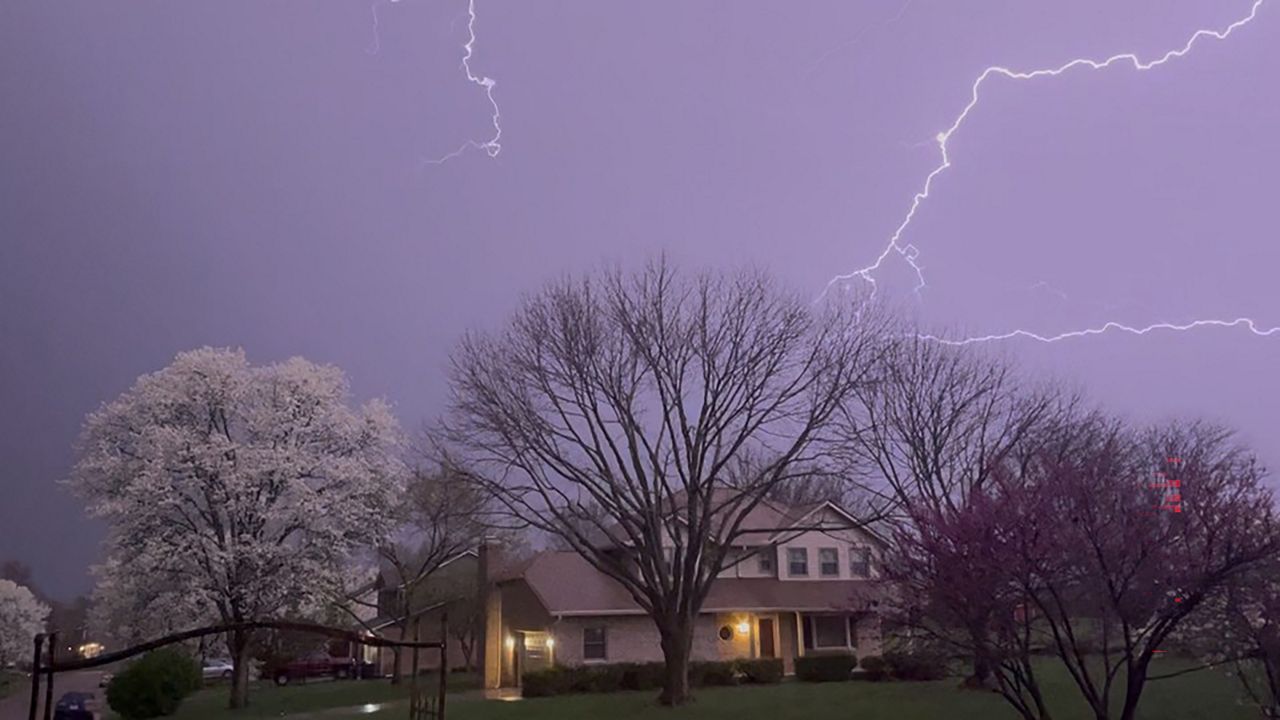COLUMBUS, Ohio — According to Instagram, more than 75% of parents agree that teens under the age of 16 shouldn’t be able to download apps from app stores without parental permission. That is exactly what a law in Ohio called the Social Media Parental Notification Act is trying to do but can’t because of pushback from social media companies.
The law was set to take effect on Jan. 15, but because of what it calls the law’s vagueness, a group called NetChoice that represents tech giants filed a lawsuit saying that this piece of legislation violates First Amendment rights. Some experts say that is the case.
Atiba Ellis is a law professor at Case Western University. “You know, the concern that the court saw here was that the way the Ohio law was drafted, it was unclear how the enforcement mechanisms would work against the groups that NetChoice represents. And given that vagueness, it doesn’t meet the standard of being narrowly tailored to precisely reach the interest that the legislature sought to act on,” said Ellis.
The law’s original intent was to foster social media and internet safety, with such measures as data privacy and protection from inappropriate content. Although NetChoice filed a lawsuit to stop this new law in Ohio, Instagram is working with Congress to create federal legislation that would require parental consent.
“Everyone dealing in good faith wants to protect the interests of our children,” Ellis said. “And certainly when it comes to health studies, there are concerns about whether the Internet and these apps can be safe for our children.”
The law also intends to protect kids from unhealthy mental health effects that social media can have on them at an impressionable age.
“Yes, obviously, many of the children that I see have experienced difficulties with social media,” said Dr. David Lowenstein, a child psychologist.
He said the best to keep kids safe on social media is open conversation and parental involvement online.
“It offers another opportunity for difficulties in a child’s life. Just as we monitor our children's actions to keep them safe, shouldn't we do the same for their online presence?” said Dr. Lowenstein.
Experts say the future could see a social media notification act pass if the law is made more clear.
“I think there is a regulation that might require some combination of self-regulation among the providers, as well as more precisely tailored legislation from either the federal government or state governments. But it is an achievable goal, I believe,” said Ellis.









